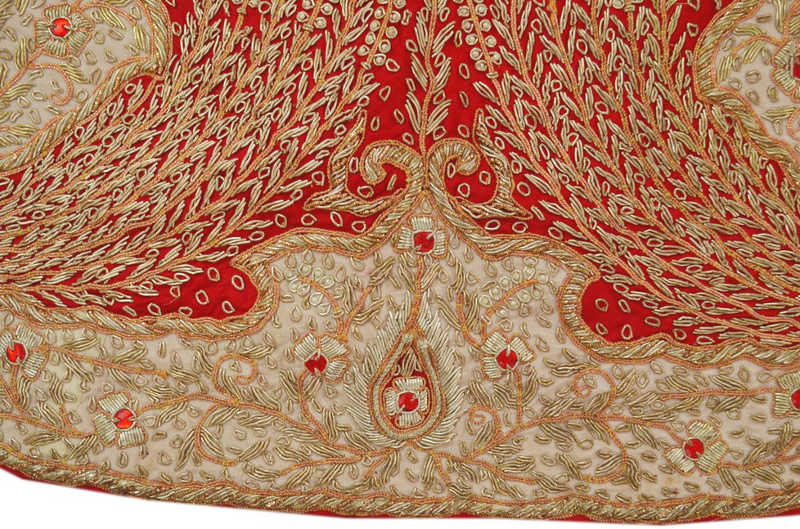===
0423,
13
===

=== |
 |
mat̤lab : 'A question, demand, request, petition; proposition; wish, desire; object, intention, aim, purpose, pursuit, motive'. (Platts p.1044)
shikastah-pā : ''Having the legs broken'; infirm, broken down, reduced'. (Platts p.730)
FWP:
SETS
MOTIFS
NAMES
TERMS == WORDPLAYPlatts considers shikastah-pā to be simply a debilitated condition (see the definition above). SRF takes the term to have the more active sense of 'breaking' one's feet as a sign of renouncing action and swearing off future efforts (parallel perhaps to the way one might break a sword to signify peace). Either way, of course, the description works excellently. But the finishing touch is the one SRF points out at the end: the relationship between shikastah and pārah [pā + rah]-- since the former means 'broken', and the latter means a 'piece, fragment'. That is really a dazzling little touch, and I would probably never even have noticed it. Really SSA is a treasure trove.
Note for grammar fans: Of course, dauṛe can be either the perfect (masculine plural) or the subjunctive (singular). And how perfectly calibrated the verse is, to accommodate both possibilities so seamlessly. The intimate imperative rah feels a bit awkward; in his commentary SRF converts it into baiṭhnā , which would be better. But rah of course is the refrain, and also permits that magnificent bit of wordplay, so it more than earns its keep.